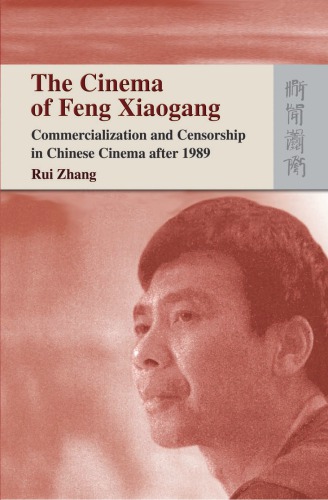

Most ebook files are in PDF format, so you can easily read them using various software such as Foxit Reader or directly on the Google Chrome browser.
Some ebook files are released by publishers in other formats such as .awz, .mobi, .epub, .fb2, etc. You may need to install specific software to read these formats on mobile/PC, such as Calibre.
Please read the tutorial at this link: https://ebookbell.com/faq
We offer FREE conversion to the popular formats you request; however, this may take some time. Therefore, right after payment, please email us, and we will try to provide the service as quickly as possible.
For some exceptional file formats or broken links (if any), please refrain from opening any disputes. Instead, email us first, and we will try to assist within a maximum of 6 hours.
EbookBell Team

0.0
0 reviewsThe image of Feng that will emerge in this book is of a filmmaker working under political and economic pressures in a post-socialist state while still striving to create works with a personal socio-political agenda. In keeping with this reality, this book approaches Feng as a special kind of film auteur whose works must be interpreted with attention to the specific social and political context of contemporary China.
The book will be a useful reference tool for students and scholars in the fields of Chinese studies, Chinese film history and film studies. It could also be used as textbook for classes about Asian cinema, international cinema and Chinese culture/film studies.
The extensive use of data about the Chinese film market, and elaborate analysis of the situation of Chinese film industry make this book a valuable volume for classroom and personal use.